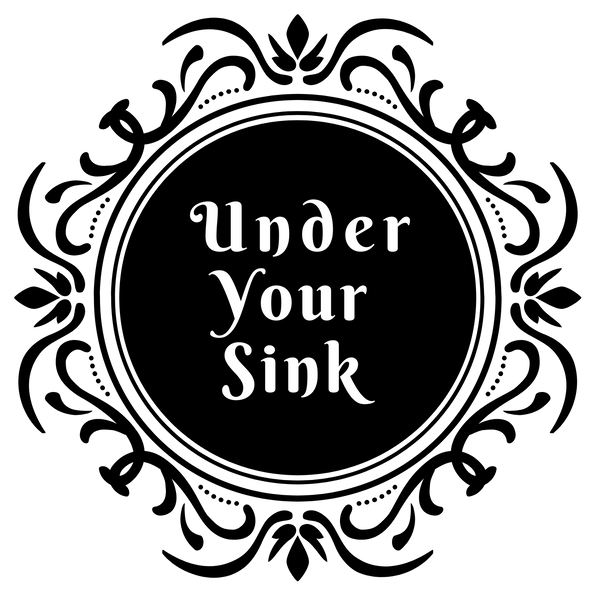How to Make Your Own Rinse Aid
🌱 DIY Green Cleaning Recipe
By Analisa from Under Your Sink
If you’ve ever pulled a glass out of the dishwasher only to find streaks, spots, or that cloudy film, you’ve probably reached for commercial rinse aids. They promise sparkling results - but at what cost? Hidden chemicals, unnecessary packaging, and yet another bottle under your sink.
The simplest swap you’ll ever make? White Vinegar or a Citric Acid Solution
They are both naturally acidic, which means they cuts through the alkaline mineral deposits (think calcium and limescale) that leave your glassware looking foggy. It also helps water sheet off surfaces instead of drying in droplets that cause spotting.
Commercial rinse aids often contain synthetic surfactants, dyes, preservatives, and sometimes fragrances. These end up washed down the drain, adding to the chemical cocktail in our waterways. The irony? You don’t actually need them. A splash of vinegar does the job without the extras.
A Few Tips for Best Results
- Use plain white vinegar - not apple cider or balsamic (unless you want your dishwasher smelling like a salad).
- For a Citric acid solution, just dilute a teaspoon into 100ml of warm water
- Still seeing cloudy glass? That’s usually hard water buildup - try giving your machine a clean cycle with vinegar as well.
This is the easiest green cleaning swap you can make - no recipe required.

